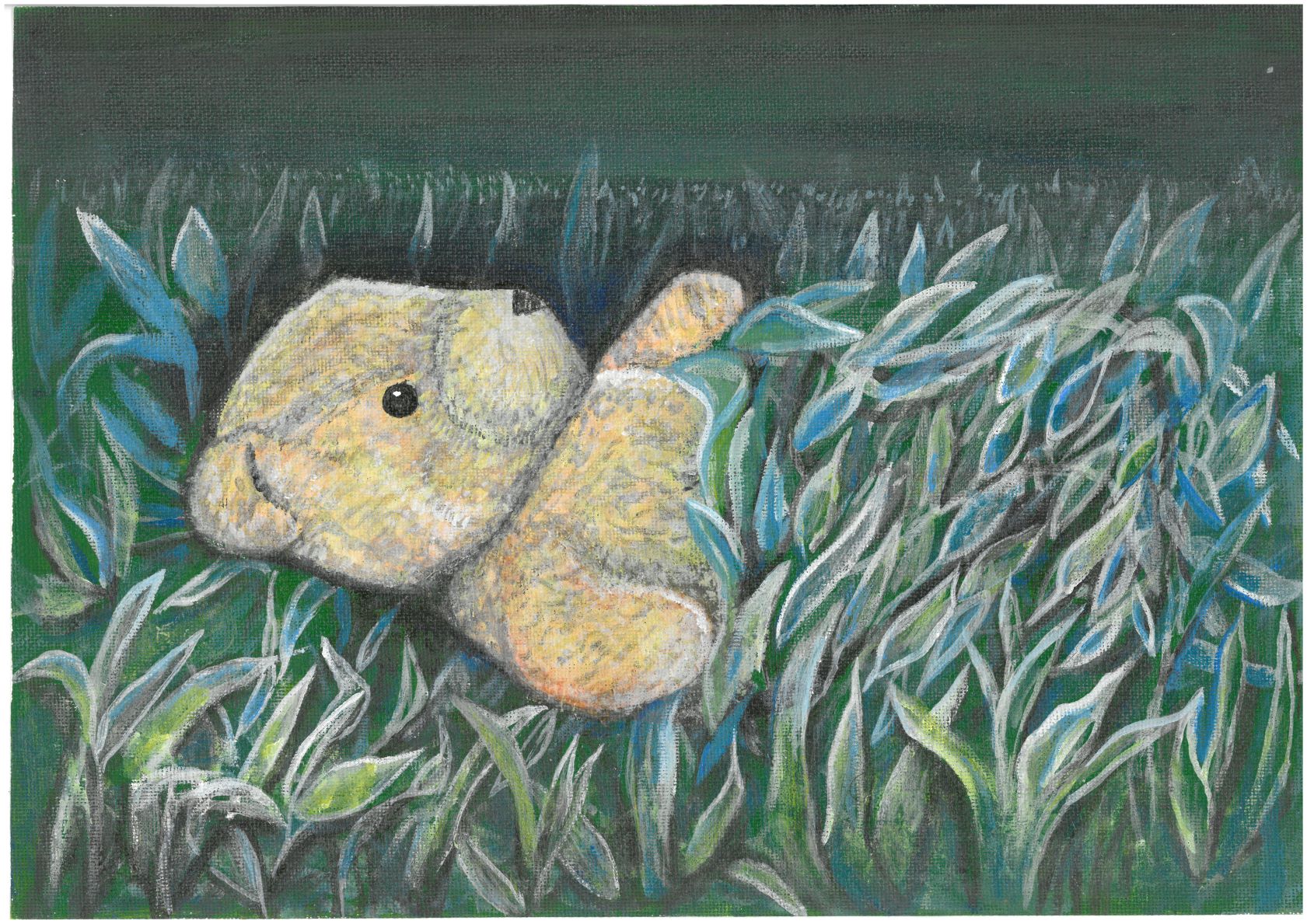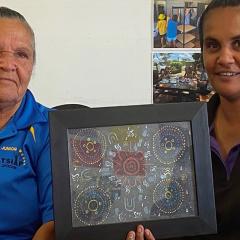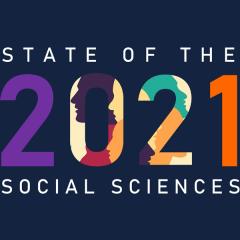Australia’s legislation for Early Childhood Education and Care (ECEC) services frames relaxation as a key component of children's well-being. That said, there is limited refinement on what supporting children’s relaxation means, and limited research on children’s lived experiences of relaxation.
Building off the Choosing Rest project (2017-2018), which considered effective alternatives to mandated rest-times in ECEC services, Emma Cooke’s PhD study augmented the Choosing Rest data with qualitative insights from 46 children aged 3 to 5 years old from 6 ECEC services in Brisbane and interviews with ECEC educators to build understanding of children’s experiences to inform policy and practice actions in ECEC.
The research approach was innovative in that it used drawings to prompt ideas and discussion about how children in ECEC experience relaxation.
“We found that the children were able to describe their experiences clearly and express diverse preferences for relaxation.”
Some of the key findings of how children experience relaxation include:
- Children competently describe their understandings and diverse preferences for relaxation, which centre on sensory-rich experiences grounded in specific social and environmental contexts.
- Children’s conceptualisation of relaxation as enjoyable everyday experiences contrasts from the dominant stress-centric and medicalised research literatures.
- Existing literature on ECEC discourses focus more on policy than educators’ accounts.
- Both ‘investment and outcomes’ and ‘children’s rights’ are present in Australian ECEC policy, but policy pertaining to children’s relaxation only reflects investment-outcomes that implies that children are passive and incompetent.
The findings demonstrate that adult perspectives that see relaxation as a specific time and activity (e.g. standardised rest times or mindfulness sessions) may not enable rest and relaxation for all children. Children’s voices are critical in the design of childcare settings, the development of policies to support opportunities for relaxation, and the day-to-day practices of ECEC services.
These findings informed a second inquiry: How can we research and write about children in ways that disrupt dominant early childhood discourses that undermine children’s agency?
Using ‘Departing Radically in Academic Writing’ (DRAWing) methodologies, Emma’s DRAWing involved a range of evocative writing genres and art mediums to show how creative analytical practices can open up the ways we research and write about children.

Emma’s research publications from her thesis are available here, and she is also currently working on a children’s book that will translate some of her thesis findings.
This research was led by Emma Cooke under the supervision of Dr Sally Staton (ISSR), Dr Andrew Clarke (Social Science), and Professor Karen Thorpe (ISSR).



